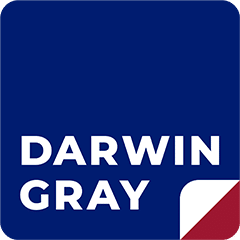- Legal Services
- For Businesses
- For Individuals
- Commercial Contracts
- Commercial Disputes
- Commercial Property
- Company / Corporate
- Contested Wills, Probate and Estates
- Data Protection
- Debt Recovery
- Employment
- Franchising
- Insolvency
- Intellectual Property
- Professional Negligence
- Property Disputes
- Regulatory Law
- Sport
- Welsh Language Standards
- Wills and Probate
- For Charities, Public and Third Sector
- For Housing Associations
- For Insolvency Practitioners
- For Developers
- For Banks and Lenders
- Reviews
- Our People
- News
- About
- Contact Us










